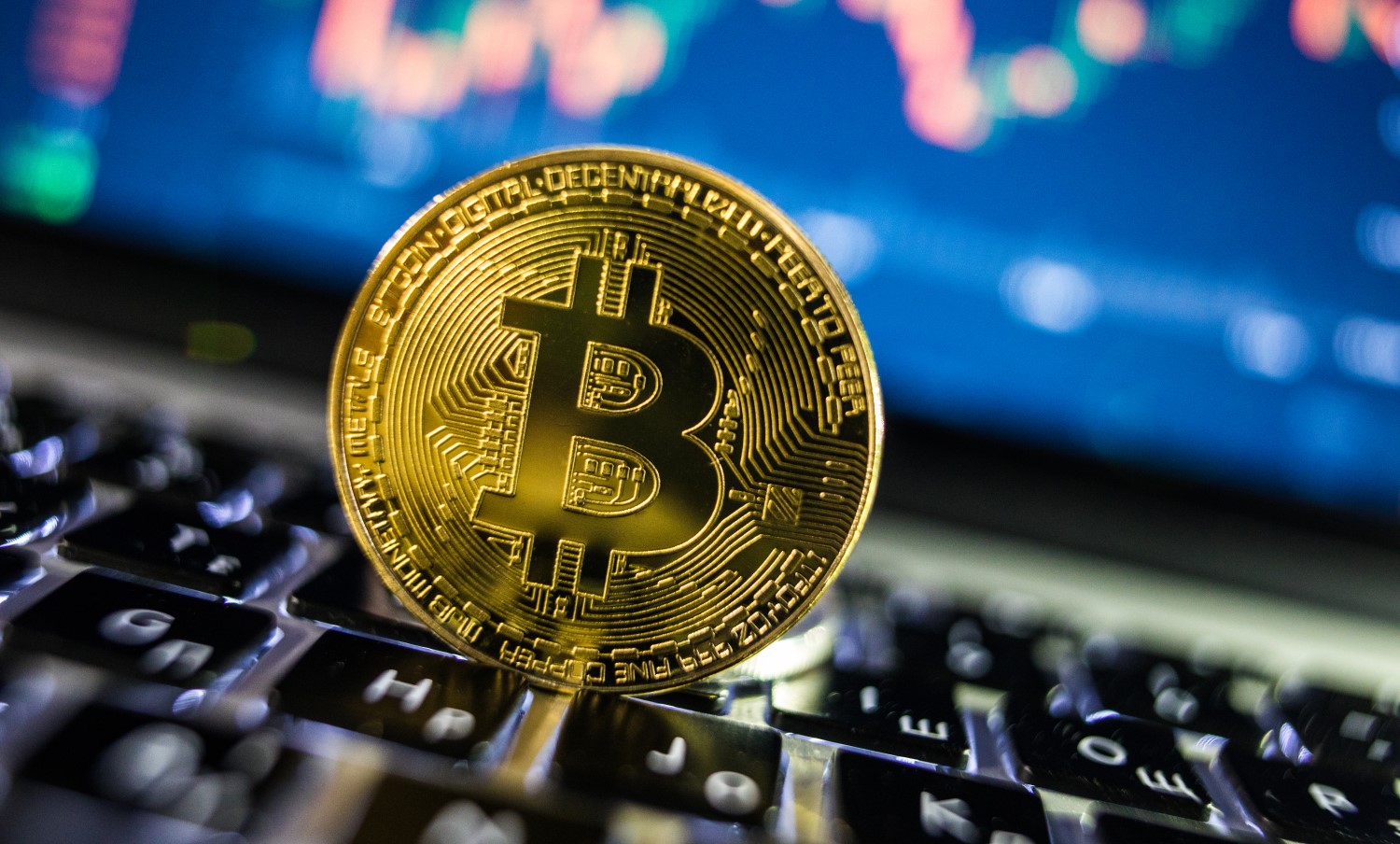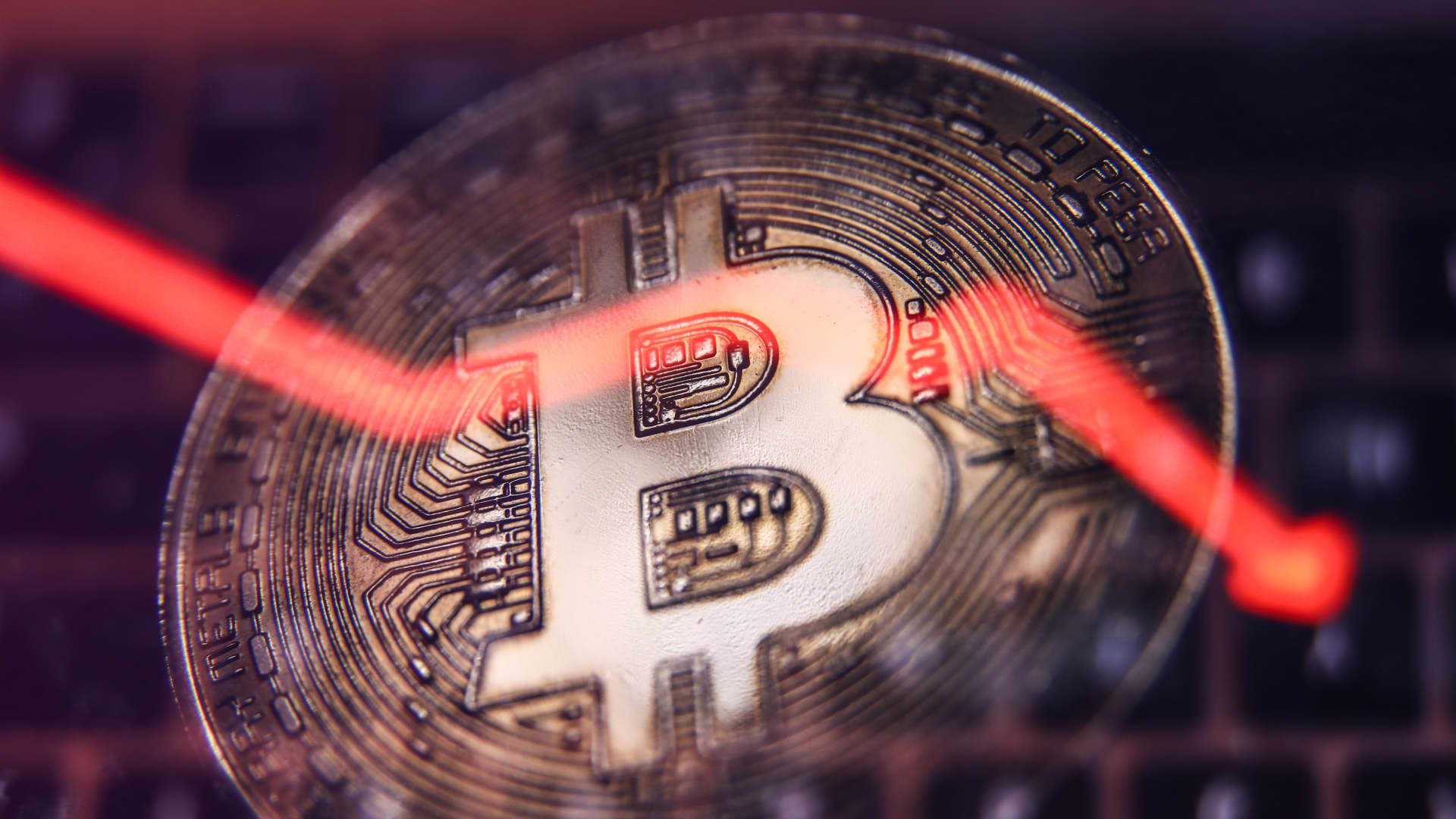
According to a report, Taiwan’s Financial Supervisory Commission ( FSC), it has instructed credit card issuers as well as banks to prevent customers from using credit cards to pay for transactions related to cryptocurrency.
The watchdog cites the recent crypto market decline as well as persistent concerns over money laundering risk associated with virtual assets. It also refers to the fact that the virtual assets are highly speculative, extremely volatile and highly speculative.
Sources in the financial industry claim that the FSC sent the call to the Bankers Association of Taiwan in a letter earlier in July. The authority did not comment on the initial news, nor denied it. Forkast was later informed by the authority that it had requested credit card agencies to not sign on crypto service providers merchants.
The FSC insisted that credit cards be used as a payment instrument for consumption and not as a means of financial investment or speculative trading. It gave card holders three months to comply. The FSC reminded card holders of a previous requirement, which prohibits credit cards being used in transactions that are linked to stocks, futures and options.
Despite the recent adoption of anti-money laundering rules (AML) for service providers on the market, Taiwan’s crypto industry remains unregulated. It is still not finalizing a project to issue central bank digital currency (CBDC).
As part of ongoing trials of the prototype retail digital currency, the Taiwanese central banks completed a series technical simulations in closed-loop environments in June. The governor of the monetary authorities acknowledged that the bank might need to continue work on the CBDC for two more years than expected.




